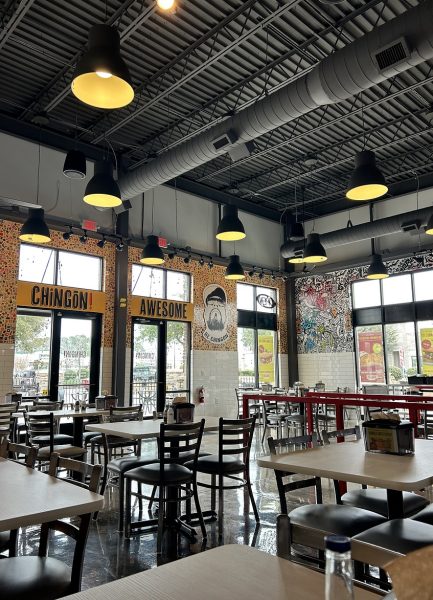Wilmington’s path to funding small businesses and preventing more business closures
A view of the Wilmington riverwalk.
Since the outbreak of the COVID-19 pandemic, many small businesses have struggled to keep their doors open. Each day, businesses lost customers and money when people started staying inside to keep themselves and their families safe.
As a result of these complications, Wilmington Downtown Inc. is now offering small businesses microloans of $20,000 to fund new businesses and to assist businesses that have faded into the background during the pandemic. The funds came from the Department of Housing and Urban Development Community Development Block Grant which was originally given in the city in the 1980s. For eligibility, a business must be in one of the 12 districts of downtown.
Prior to these efforts and the U.S government’s efforts to gradually reopen businesses, small businesses continue to struggle to hold onto their support structures almost a year into the pandemic. Even when cities started opening again there was still a 23% increase in business closures during the months between September and July.
Many businesses in Wilmington are announcing that they will close their doors permanently due to the lack of business and struggle to maintain a clientele during the pandemic while some business owners are rethinking the way their businesses are run and expanding their sources of income.
These small businesses include Varnish Ale and Spirits, Stalk and Vine, Two Sisters Bookery and The Sideboard. These particular businesses were forced to deal with economic instability during the heat of the pandemic when places boarded up their doors and quickly faded into the background as people dealt with the COVID-19 virus outbreak.
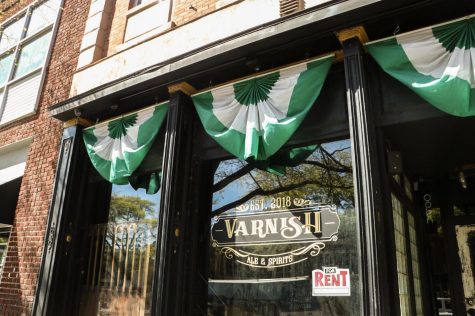
Varnish Ale and Spirits, once called The Liquid Room, was a beloved hangout place in downtown Wilmington. They originally closed their doors early in the year for renovations and to rebrand their business. Changing the name of the business early this year adhered to the building’s historic roots as one of North Carolina’s largest paint and varnish depot. They are now temporarily closed due to a rapid decrease in costumers.
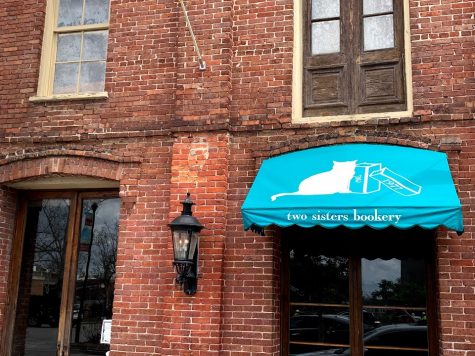
Before the outbreak of the COVID-19 virus, Two Sisters Bookery was a flourishing business known for their good books and comfortable environment that was managed with a careful touch and a kind hand. Due to the COVID-19 virus, the Two Sisters Bookery was forced to close their doors permanently a few months after changing owners. This store had already changed owners a few times before the pandemic hit and the store itself dates to the 1970s. The building is still there but there are no new businesses in its location currently and the business is closed for good.
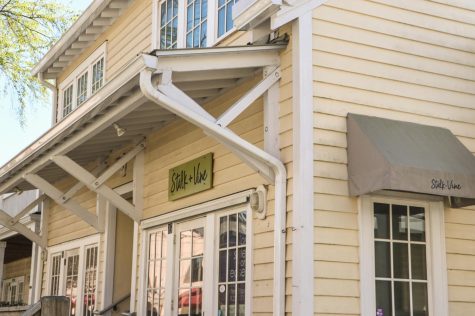
On March 30, Stalk and Vine redesigned their business plan to allow for take-out orders. The restaurant was located on the beloved Wilmington Riverwalk in the heart of downtown. By the time the pandemic hit, Stalk and Vine was already a new restaurant and did not have the foundation that comes with business experience, which eventually resulted in the business owner, Zac Brown, deciding to permanently close Stalk and Vines’ doors in early June. The building is still on the riverfront walkway, but the building is empty, and Stalk and Vine is closed permanently.
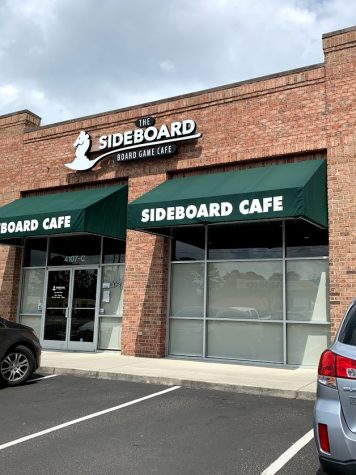
The Sideboard another permanently closed businesses in Wilmington. This was a game café, which means when people eat here, they sit around rectangular or round tables and play board games while they ate. The Sideboard was beloved and popular location in downtown Wilmington that was well known for their innovative business model.
The microloans are meant to be short term solutions to revamping Wilmington’s downtown life with the hope of welcoming new businesses to the area as well as to assist businesses who were hit hard by outbreak. New businesses will add to Wilmington’s economic regeneration as COVID-19 cases are dwindling.
These loans are only meant to continue for five years with the hope that by then many new businesses will have found their place and popularity in the heart of downtown. The funds came from the Department of Housing and Urban Development Community Development Block Grant which was originally given in the city in the 1980s. For eligibility, a business must be in one of the 12 districts of downtown.










